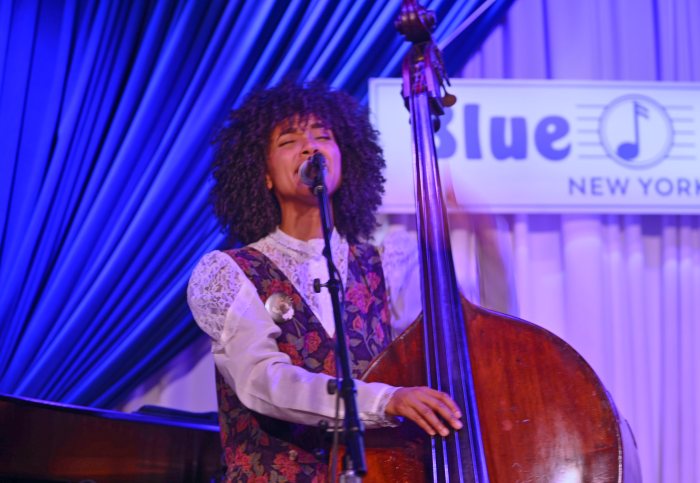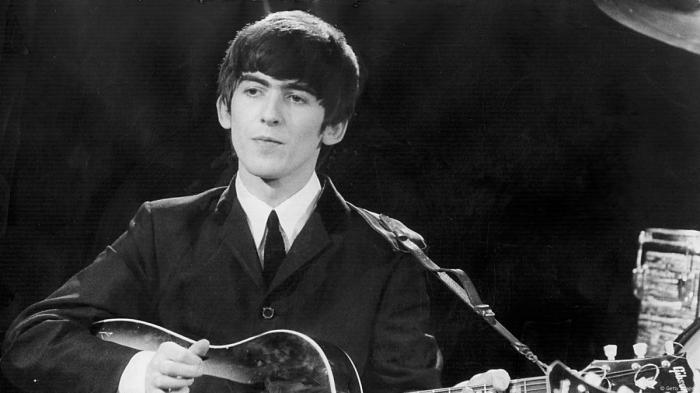In “The Forbidden Room,” directors Guy Maddin and Evan Johnson deal with loss, grief and lust. They do so with lovers turning into “Aswang bananas” (a cross between the vampiric myth of the Philippines and the fruit) and by examining the dreams of … a mustache. A Russian nesting doll of a film, “The Forbidden Room” uses short narrative arcs and a menagerie of characters to get to truths — not verisimilitudes, but capital-T truths — buried down rabbit holes of imagery, melodrama and bathing tutorials (no, really).
amNewYork spoke with Maddin and Johnson about “The Forbidden Room,” now playing at Film Forum.
How does melodrama help you get across your ideas?
Guy Maddin: Melodrama is not the truth exaggerated. It’s the truth uninhibited. We go about our days concealing much of what we’re feeling. We’re not allowed to just to grab someone that you lust after. You’re not allowed to punch someone you hate. You’re not allowed to cry in public. In melodrama, all of those social prescriptions are lifted, characters are allowed to uninhibit the truth by crying, hitting, plotting, scheming, grabbing, weeping, shouting. It’s a shorthand. … Working as a melodramatist, you save a lot of time. We can reveal in two or three minutes what it takes an American indie film 90 minutes to show.
Evan Johnson: There’s not enough time in our shooting day to just have an emotion change slowly over time.
GM: And viewers don’t have time like that in the Internet age. Who’s got time for one emotion per night? In our just-under two hours, we’ll give you all of the emotions. Soon, Americans will be positively diabetic with emotional overdose.
Your films have such a distinct style and vision. How has surrounding yourself with many of the same collaborators each time out helped preserve your aesthetic?
GM: It’s everything. I’ve had some projects where the collaborators and I haven’t gotten along, and it cast me down into a graveyard spiral depression. … But I don’t want yes men. I want to be challenged. Even has a way of being direct that I really appreciate. Canadians aren’t famous for being direct with each other — we’re the most passive aggressive culture on the planet. But he and I can be direct with each other. I prefer it when they challenge, but aren’t just out to get me.
Your films contain more than a few homages to classic cinema, but you’ve also created works for art galleries and, soon, for the Internet (“Seances,” Maddin and Johnson’s upcoming short film project). Do you have an opinion as to the best environment to view your work?
GM: This is the first film I’ve had anything to do with where I’ve really felt that it’s better on the big screen, with a high-resolution image. But I normally don’t care. I just want people to watch our stuff. It would break my heart to find out on my deathbed that I’ve been completely forgotten. I have this super-narcissistic daydream that I’m buying myself a few extra years of budget-rate immortality by being a moviemaker.





































